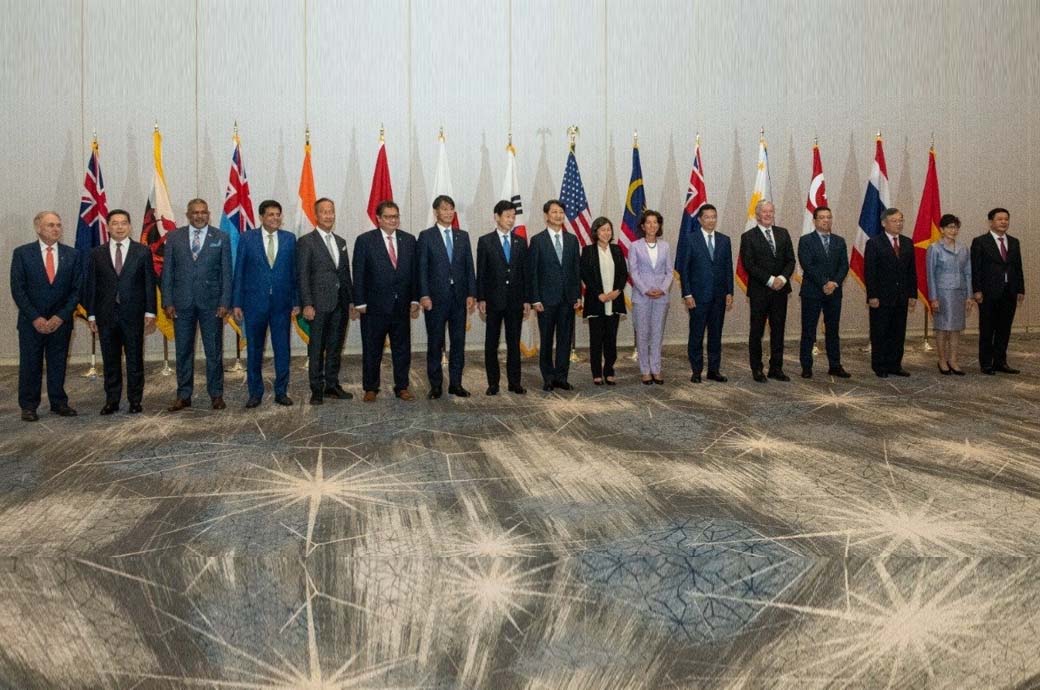
As Washington looks to offer an alternative to the economic might of China in the region, the partners reached consensus on ministerial statements for each of the four IPEF pillars: trade, supply chain, clean economy and fair economy.
The IPEF brings together the United States, Australia, Brunei, Fiji, India, Indonesia, Japan, South Korea, Malaysia, New Zealand, the Philippines, Singapore, Thailand and Vietnam.
"I feel very confident saying that IPEF will create jobs in the United States and will create jobs in other IPEF countries," Raimondo said at the conclusion of the meeting.
"We were able to finalise all four of the ministerial statements, which lay out the full scope of the framework and provide a roadmap for future discussions," she said.
In the trade pillar, the partners will seek high-standard provisions in areas that are foundational to resilient, sustainable, and inclusive economic growth, including labour, environment, digital economy, agriculture, transparency and good regulatory practices, competition, inclusivity, trade facilitation, and technical assistance and economic development, an official press release said.
In the supply chain pillar, the countries will seek to coordinate actions to mitigate and prevent future supply chain disruptions and secure critical sectors and key products for our manufacturers.
In the clean energy pillar, they will seek to expand investment opportunities, spur innovation and improve the livelihoods of citizens as the partners unlock the region’s abundant clean energy resources and substantial carbon sequestration potential.
In the fair economy pillar, they will seek to level the playing field for businesses and workers within partner countries by preventing and combatting corruption, curbing tax evasion and enhancing transparency, recognising the importance of fairness, inclusiveness, the rule of law, accountability and transparency.
Fibre2Fashion News Desk (DS)